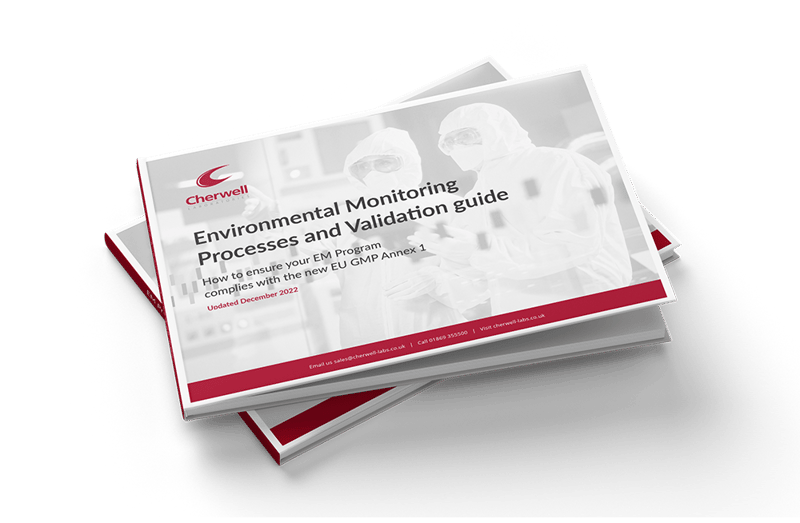Cherwell has written an article in Pharmaceutical Manufacturing and Packing Sourcer on what the Pharmaceutical industry, for which high-emission processes are an everyday part of life, can do to reduce its impact on the planet
Cherwell's Managing Director, Andy Whittard, has written an article which featured in the August (Summer) 2023 issue of Pharmaceutical Manufacturing and Packing Sourcer. In the article, Andy highlights that the need to improve sustainability and reduce carbon emissions is a challenging, yet pressing, problem for an industry that rests heavily upon carbon-expensive products and processes to maintain the clean, highly regulated work environments required to ensure final product safety.
Here are extracts from the article:
"Reducing waste can help limit environmental impact. For example, consumable pack sizes can be tailored more closely to usage needs. Adopting consumable materials with a reduced environmental impact can also help to boost sustainability. Interestingly, plastic consumables can have a lower CO2 impact than glass, taking into consideration the high temperatures required for glass production and recycling."
"Multiple factors, including material, manufacturing, weight, transportation, recycling, reusability and end-of-life disposal all contribute to a consumable’s carbon footprint"
"A 2021 poll of pharma industry professionals found that 52% of respondents considered climate change the most pressing environmental issue."
The sustainability article covers:
- Room for improvement
- Curtailing energy consumption
- The consumables conundrum
- Glass versus plastic
- Taking the first steps
The article summarises that "While there are clearly challenges, there are plenty of reasons to be cheerful, too. With innovative thinking, better materials and a common drive towards net zero, emission reduction targets can be reached. In the future, consumables made from more recycled and more readily recyclable materials, plus greener approaches to energy generation will help. Today, there are many ways for the industry to become more sustainable, whether through swapping glass for plastic, or slowing air flow in unused cleanrooms."
This article is taken from Pharmaceutical Manufacturing and Packing Sourcer August 2023, pages 36-38. © Samedan Ltd







